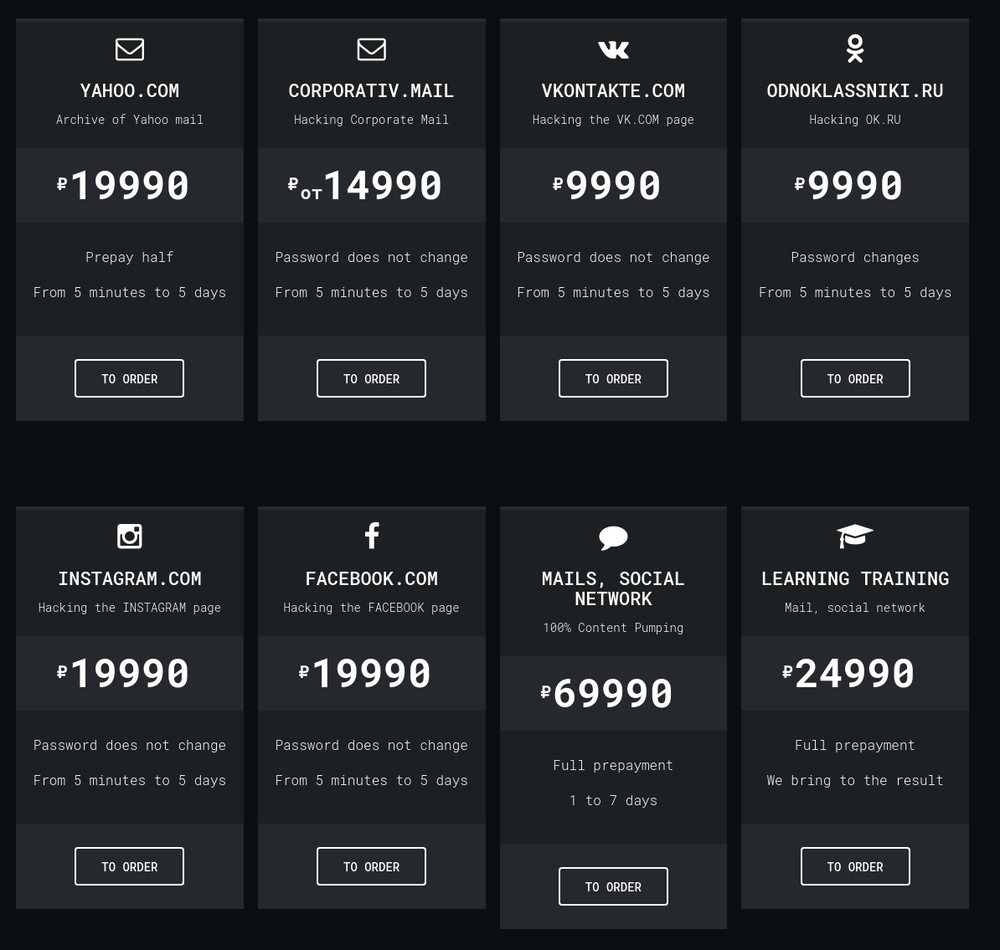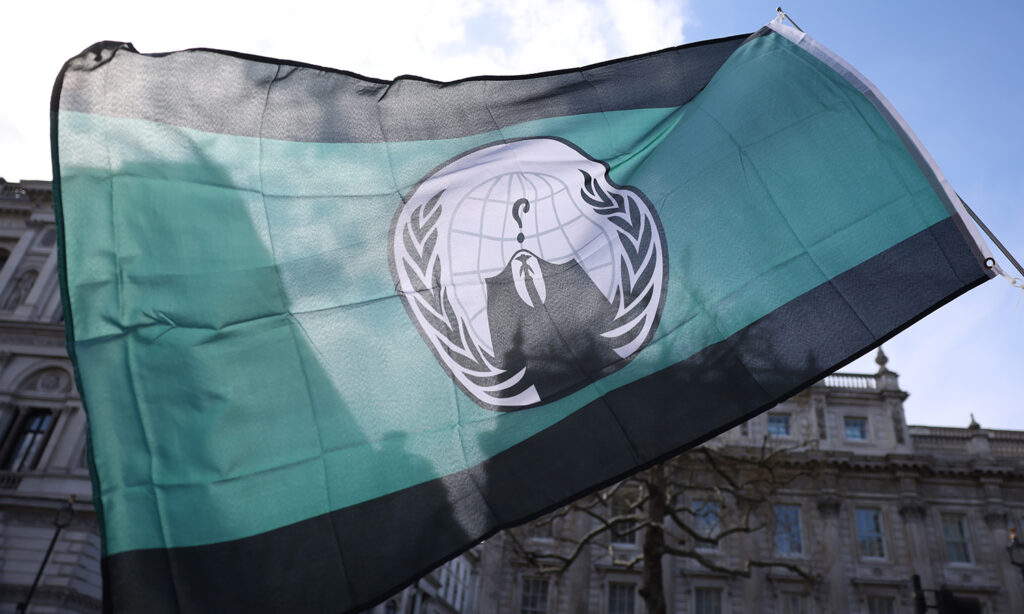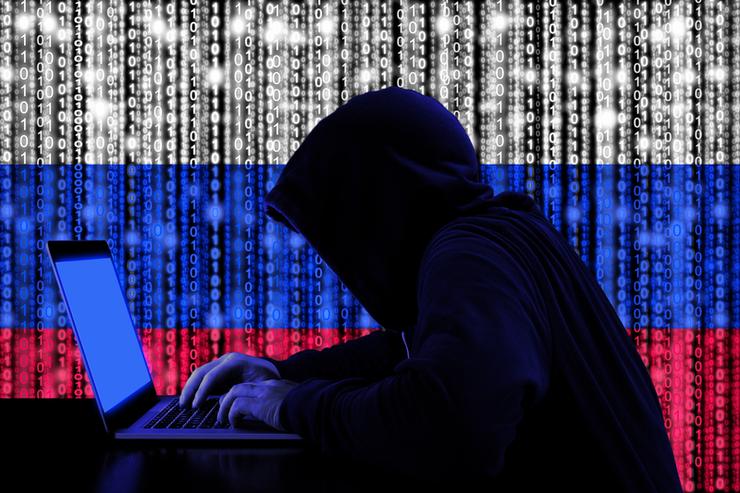Groups of hackers are said to be holding Bandai Namco hostage for ransom – Bestgamingpro
Hacker organisation ALPHV has purportedly hacked Bandai Namco, according to vx-underground, a Twitter account that analyses malware. The organisation claims to have “ransomed” the publisher by breaking into the company’s network security.
The term “ransomware” refers to computer malware that encrypts all of the data on a system or systems it infects. The information is then returned to its rightful owners when the ransom has been paid. In recent years, this kind of extortion has become a common practise.
It’s not the first time a gaming firm has been targeted by ransomware. In 2020, Capcom was hacked, followed by assaults on Electronic Arts and CD Projekt Red in the following year. The ransom was declined by all three businesses.
It’s important to keep in mind that in these assaults, we’re not only talking about video games. As much information as possible is gathered and encoded by the hacking groups. In the past, these assaults have resulted in the disclosure of private information such as employee details, corporate financials, and more.
Bandai Namco has been contacted for comment and will be included in any updates to this article.

Subtly charming pop culture geek. Amateur analyst. Freelance tv buff. Coffee lover




